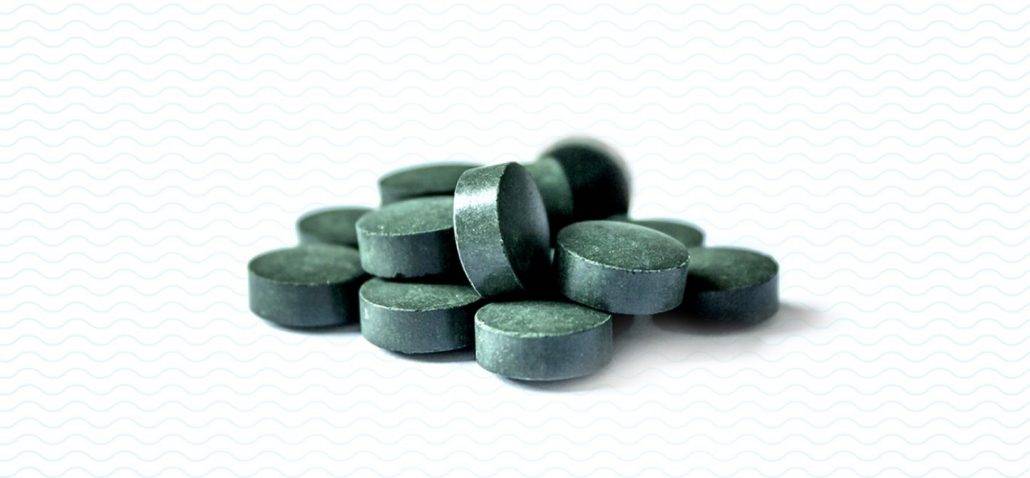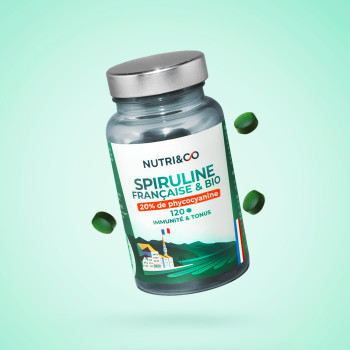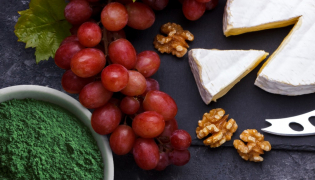
WHAT TO REMEMBER :
- The French are more concerned about the origin of their products than any other citizen.
- The Made in France label implies strict regulations.
- Local production will always be of better quality than Made in France.
What could be more natural than to consume what comes from your own country ? Then why are we talking about it so much ? Because it's not as obvious as it used to be. The free movement of goods and merchandise has enabled us to buy low-cost household appliances made in China or clothing made in Bangladesh.
But globalization has brought other surprises : closure of French factories, industrial accidents in countries with questionable safety standards, food scandals, the agricultural world in crisis... Consumer confidence has been eroded.
So much so that today, to the question "when you make your purchases, is the criterion - made in France - important for you? "75% of respondents answered yes, according to a June 2017 Credoc study. And this number is only increasing. In 2000, it was only 65%.
A matter of trust
Made in France is first and foremost a question of trust. We buy French products because we know that they are subject to strict regulation, because in this way we maintain employment on our territory, but also out of chauvinism. Indeed, in France, the desire to consume locally is stronger than in other European countries.
Because that's what we're interested in here! To market a new nutraceutical product, the manufacturer must obtain the approval of the DGCCRF (Direction générale de la concurrence, de la consommation et de la répression des fraudes). Following the preparation of a file, controls are carried out, some of which concern allegations. For example, it is forbidden to say that "spirulina is the most powerful antioxidant" if scientific studies are not available to prove it.
You have no idea how many people go back and forth about legislation when creating a label !
What does the law say ?
In France, the law is very clear: simple finishing or packaging is not enough to give a product its origin. For products that have been assembled or processed in at least 2 countries, only the "made in France" product is eligible :
- products for which the last substantial processing or working, i. e. leading to the creation of a new product, was carried out in France.
- products for which 45% of the added value was generated in France.
Indicate a misleading origin is an offence that can be punished with 2 years in prison and a fine of €37,500.

Spirulina Nutri&Co, grown in Tamil Nadu, India
Beware of the error of 100% Made in France
Made in France is very good, but you have to be lucid. Some products are of much better quality when they come from abroad, because they are extracted from their natural environment. Sometimes some are not available in France, or in too small quantities.
Some products, such as spirulina, require high heat. Growing it in France requires the use of heated greenhouses. Paradoxically, it is therefore more ecological to import spirulina from the other side of the world than to grow it in France with artificial heating !
In conclusion
While it is essential to verify the origin, the product must in all cases be controlled in France, but the "made in France" is not the ultimate guarantee of quality.





